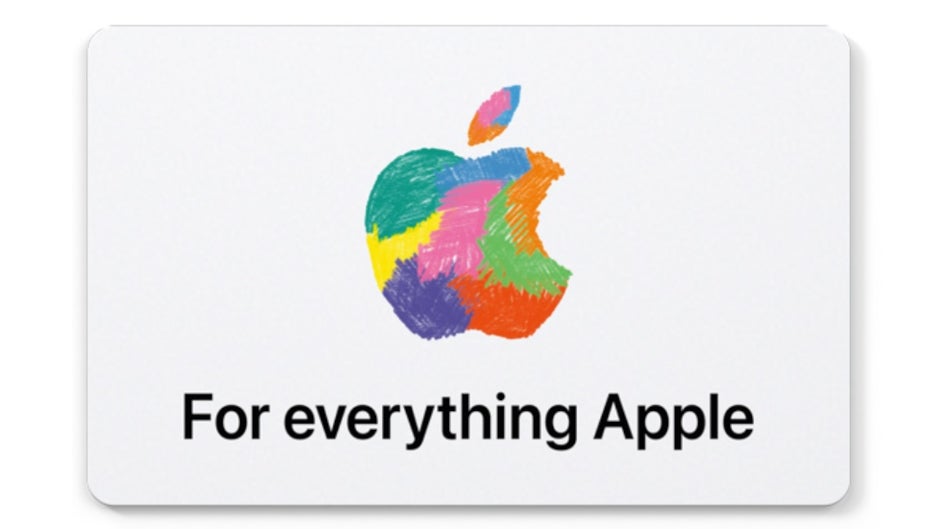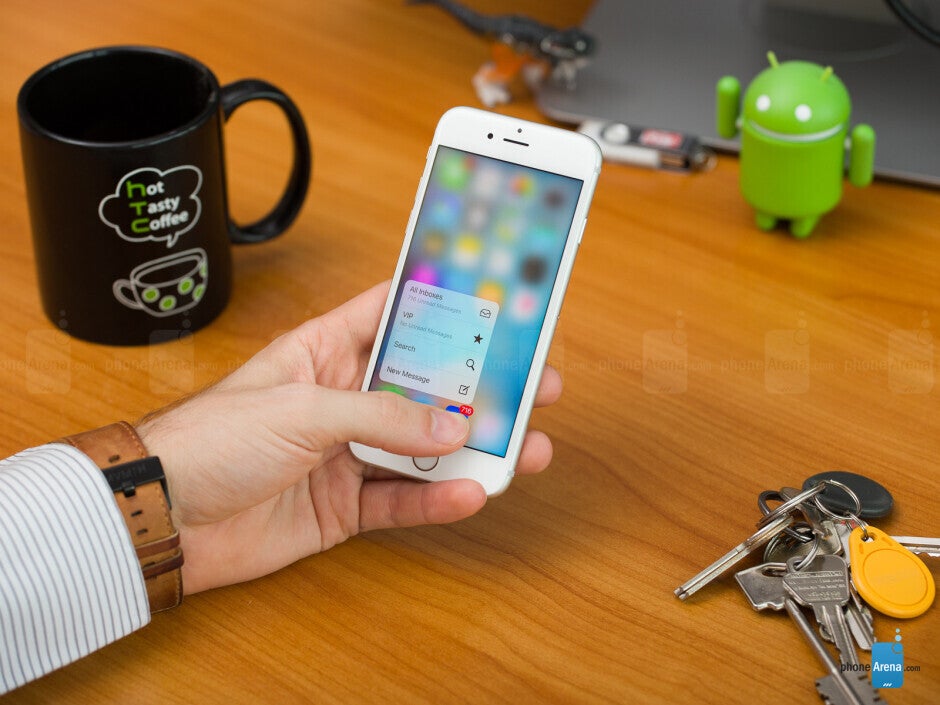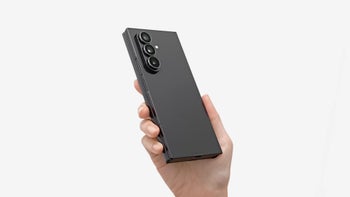If you buy Apple gift cards, you need to read this cautionary tale

Mike Blum was tired of using his aging Apple iPhone 6s, so when he saw a promotion offered by Target last year that gave customers a free $20 Target gift card for every $100 in Apple gift cards purchased, he aimed his car at the Target bullseye. He purchased ten $50 Apple gift cards and received the bonus $100 Target card he was promised and planned on using them to buy a new iPhone.
Crooks wipe out ten $50 Apple gift cards minutes after they were activated at a Target store
Blum commented on his game plan and said, "I had an ailing iPhone 6s, and since it wasn’t going to be a viable trade-in, I knew I was eventually going to have to buy a new phone at full price, which, you know... iPhones are a lot of money. It’s a big purchase for me,” Blum said. “This seemed like a good way to cut down on the cost a bit."

Blum bought the gift cards to purchase a new iPhone as his iPhone 6s was aging
But there was a major problem that Blum was not yet aware of. It wasn't until Apple released the iPhone 13 series this past September that he decided to buy his new iPhone. "To say I was beyond excited to finally get this phone would be an understatement," he said. "I had my money ready to go. Or at least I thought I did."
Blum went online to check the status of his gift cards the night before pre-orders opened for the new models. The response he got after punching in the first card's number was, "Error: This code has already been redeemed." Things quickly went downhill from there as he received the same reply for the second card and the third card.
Mike admitted to feeling "freaked out" and "concerned." So he called Apple and the company confirmed that all ten cards had a zero balance. Apple also noted that each card was wiped out within 5 to 30 minutes after Target activated them.
During his call with Apple, the victim of this scam received no love from the most valuable publicly traded company in the states. "It was made abundantly clear by follow-up calls I received from Apple the next day that there would be no replacement gift cards issued," Blum said. He also mentioned to Apple that the cards were in his possession at all times.
After an Apple supervisor suggested that Mike speak with Target, he called the retailer. The company sent an email that read, "After further research, we were able to confirm that your gift card was properly activated at the time of purchase. Due to this, we are unable to issue a refund for your purchase."
Target, with a market cap of $118 billion, is not exactly poor. But like Apple, it refused to take any responsibility for what occurred and suggested that Blum call Apple. So round and round he went for weeks and even his credit card denied his dispute filing after the bank spoke with Target. A submission to the Better Business Bureau (BBB) was made and Mike joined a class action suit.
Don't buy gift cards hanging on a rack inside a store
NJ.com's Bamboozled got involved in the dispute and explained how the bad guys might have used the cards. Cards hanging on a rack inside a store are easy prey. Activation codes are taken off the cards and using some form of technology, the criminals can find out when the cards are activated. Working quickly, the thieves empty the cards of any cash balance leaving them with a zero balance before the consumer figures out that there is an issue.
Another popular method of ripping off the public involves a bar code sticker placed by criminals on gift cards. When the cards are activated, the funds are transferred to the crooks' bank accounts. Apple does have a support page posted about gift card scams and says, "If you believe you're the victim of a scam involving Apple Gift Cards, App Store & iTunes Gift Cards, or Apple Store Gift Cards, you can call Apple at 800-275-2273 (U.S.) and say 'gift cards' when prompted."
If you learn one thing from this story, it is that you should try not to buy gift cards that are easily accessible to browsers inside a store whether they are on a rack or in a point of sale display. Retailers should put them behind glass (like they do with razor blades) and let the consumer request one. It's inconvenient to be sure, but it will protect consumers.
We'd love to tell you that Mike Blum got his money back and bought a new iPhone. We'd love to tell you that but we can't. Target did send him an email that sounded hopeful and said, "We are working with Apple to replace the funds." But as we write this article, the retailer is still awaiting a "gift card code" from Apple.
Follow us on Google News













Things that are NOT allowed:
To help keep our community safe and free from spam, we apply temporary limits to newly created accounts: